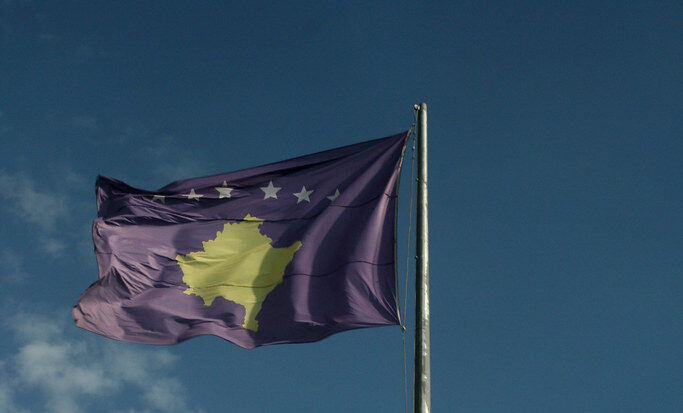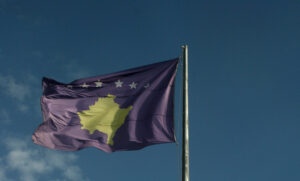This weekend, on Sunday February 9, the Kosovan parliamentary elections are taking place. It is a first
important moment for Kosovo this year, because in a few months, the local elections will take place as
well.
The electoral process
The Kosovan assembly consists of 120 seats, with politicians who will be elected this weekend. 20 seats
are reserved for minorities living in the country. Most seats are granted to the Serbian population, which
hold 10 seats, The Roma community have 4 seats, the Bosniak population are holding 3 seats, and 2
seats are reserved for the Turkish citizens living in the state and lastly one seat is provided to the Gorani
community. The current head of State, President Vjosa Osmani, will be in charge another year. These
Presidential elections for the head of State will be held in 2026, when the Assembly is all set up for its
new term.
The electoral system used in Kosovo is the proportional representation system – through the Sainte-
Laguë method. There is an election threshold of 5%. 1.9 million voters in Kosovo can vote with the
addition of 50,000 people abroad. After the Assembly is in place, they are in power of electing the Head
of State, head of Government and its cabinet members as well as all court justices. The current head of
Government is Prime Minister Albin Kurti (LVV), who has this role since 2021.
In the upcoming elections this weekend, a total of 28 political entities are participating and campaigning
for a place in the Assembly. 19 parties are participating, of which three have a serious chance of winning
the elections. The party currently in lead of Kosovo, Lëvizja Vetëvendosje (LVV) is again hoping for a
major victory and has a good possibility of winning. The are currently followed in the polls by the
Democratic Party of Kosovo (PDK) led by Memli Krasniqi, and the Democratic League of Kosovo (LDK)
who is led by Lumir Abdixhiku. The fourth party in the race for the Assembly, is the Alliance for the Future
of Kosovo (AAK). The leader of AAK, Ramush Haradinaj, has been controversial because of his
connection with the Serbian and Albanian organized crime. For the ten seats reserved to represent the
Serbian community, six political entities are running the elections, of which the biggest one is the Serbian
List.
The LVV
LVV, who is also observer member in PES, is currently in government, after winning over 50% of the
votes in the previous elections. This resulted in 58 seats in Kosovo’s parliament and no need to form a
coalition. The agenda of Kurti’s LVV is focused on more cooperation with the West. The party wants to
take further steps into the European accession process and collaborate with NATO and its members. As
for the other parties, a main focus of LVV’s campaign has been on boosting the Kosovan economy.
Forecast
Of the 27 political parties and one independent candidate in the race, four are expected to capture over
90% of the total votes. The elections serve as a referendum on whether LVV can secure a majority, as
they are on the verge of crossing the 50% threshold. With 20% of voters still undecided, the campaign
presents a crucial opportunity to sway support. Find the opinion polls trends below (Europe Elects, 2025).
The European Union (EU) is sending observers to monitor the events on Sunday. There will be
peacekeeper troops from NATO attending as well, whose goal is to make sure that the election day will
be peaceful.
Before the campaign period even kicked off, there was commotion around the Serbian List party, who
were not granted their certification to run in the elections, initially. The issue was controversial, since the
party is the largest to represent the ethnic Serbians living in Kosovo. The Central Election Commission
stated that party has connections with Serbia and their leader does not recognize Kosovo as an
independent state. However, the Electoral Complaints and Appeals Panel (ECAP) overturned that
decision and explained that the party, who represents the Serbian community in Kosovo, is entitled to its
certification.
Another moment during the campaign was about the LVV party, who did not attend electoral debates on
television. Criticism arose from the tv broadcasters, journalists and the European Centre for Press Media
and Freedom, stating that the boycott harmed media pluralism.
Do you want to know more on the election results? Please follow our webinar on the Kosovan election
results this Tuesday at 14 CET. More info will follow on the website of the European Forum this weekend.
We will also send the webinar invite to directly to you!



